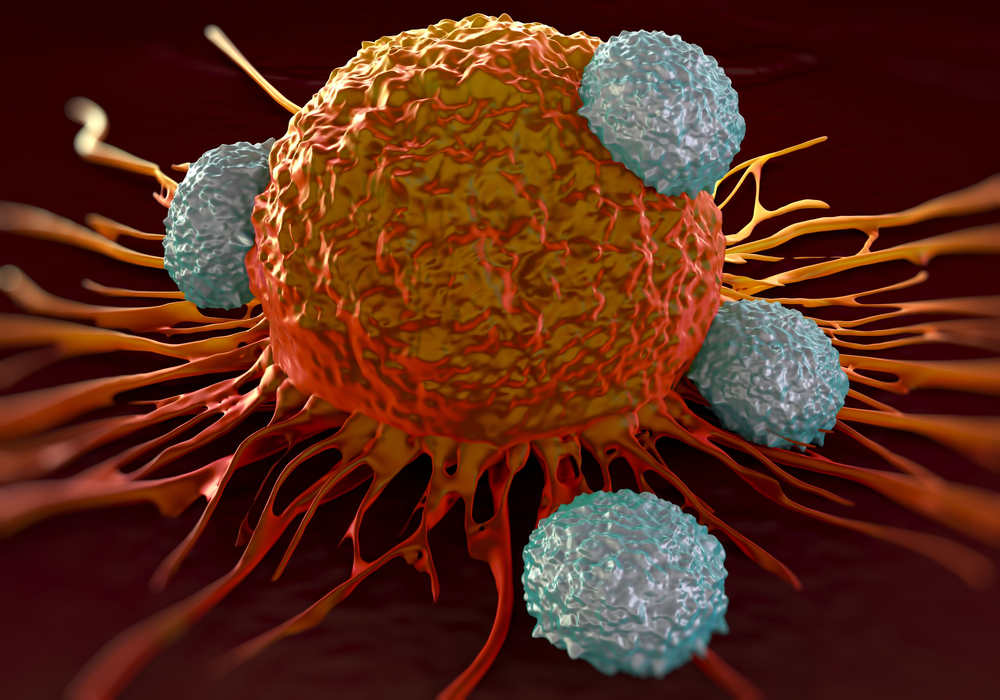In a new study entitled “Expression of Heat Shock Protein 27 in Benign Prostatic Hyperplasia with Chronic Inflammation” researchers investigated the role of a member of the heat shock proteins (HSP) family, HSP27, in the progression of the nonmalignant enlargement of the prostate gland, a condition known as benign prostatic hyperplasia (BPH), observing that HSP27 expression correlates with inflammatory BPH. The study was published in the Medical Science Monitor journal.
BPH is a condition characterized by a nonmalignant enlargement of the prostate and is the most common prostate problem for aged men – affecting 60% and 90% of men over 60 and 80 years old, respectively. Recent studies have suggested that inflammation and deregulated immune responses are the underlying cause for growth of prostatic tissue.
Heat shock proteins (HSPs) are a family of proteins that regulate cells’ integrity and one of its members – HSP27 – has recently been identified in prostate cancer cell lines and correlated with disease progression. In this study, researchers investigated the role of HSP27 in BPH and how its expression levels correlate with inflammatory status of the prostate. As such, they recruited 60 BPH patients who were submitted to transurethral electroresection of prostate (TURP) – a procedure to treat symptomatic BPH (including urinary retention or lower urinary tract symptoms).
The results demonstrated that 75% of the 60 BPH patients exhibited chronic inflammation of prostate, with 20%, 41.7% and 13.3% presenting mild-, moderate- and severe-inflammatory BPH, respectively. These data support the role of inflammation in the severity and progression of BPH. Moreover, the team detected increased expression of HSP27 in severe-inflammatory BPH patients and an associated increase of pro-inflammatory cytokines, such as interleukin (IL)-6.
These novel findings may enable the use of HSP27 as a potential prognostic biomarker for inflammatory BPH, in agreement with previous studies that suggest the same role in prostate cancer. Thus, HSP27 has the potential to become not only a biomarker but also a treatment target for both inflammatory BPH and prostate cancer. The team highlights, however, that additional studies are required to further understand the mechanisms underlying the role of HSP27 in BPH progression.

